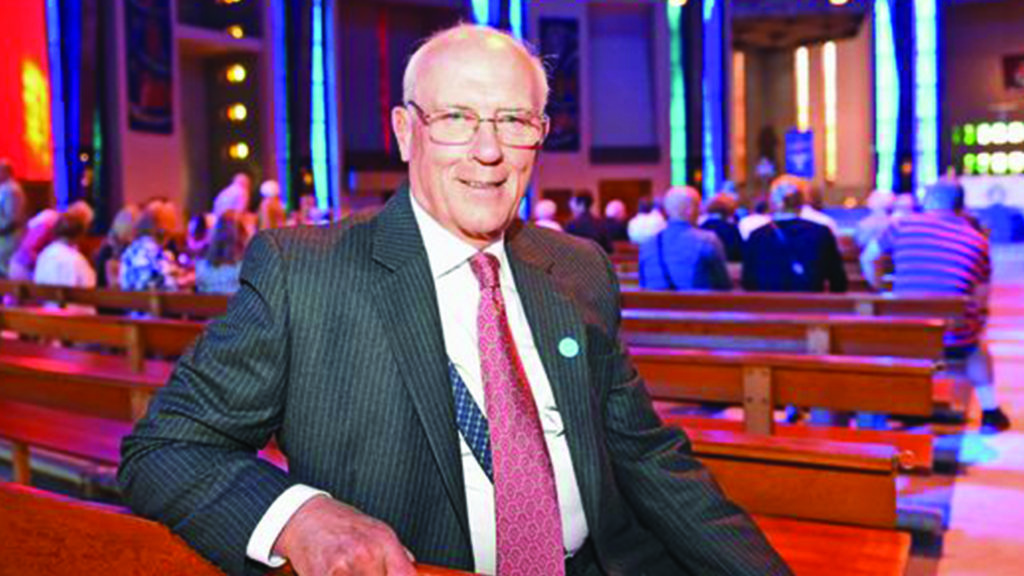Once again, lung cancer has been thrust into the media spotlight with reports that a team at Royal Papworth Hospital have become the first in the world to remove a patient’s lung using a technique that left just a five-centimetre scar.

This pioneering surgical and anaesthetic procedure was carried out in November 2019 to treat Raymond Page, a patient with two tumours in his right lung.
During the three-hour operation, the surgical team made a small incision between the abdominal muscles and removed the entire lung through it. The anaesthetics team used a method that reduces the risk of respiratory complications and improves patient recovery time.
In this case, it worked well as, shortly after the operation, Mr Page was free of pain and walking and chatting to his wife. A retired milkman, Mr Page is 74 and lives in Peterborough with his wife Jo. The couple have three children and eight grandchildren.
He said, “I must admit that I was a touch apprehensive when I was initially being told about the technique and the possibility of being the first patient, but the team were brilliant at laying out all the options and I was happy to go ahead. They have done a marvellous job and I cannot thank everyone at Royal Papworth enough.
“I had the occasional bit of pain when coughing for the first day but that’s it really – I could walk and move about fine even just a couple of days afterwards which I really was not expecting.
“I was thinking that it might take up to ten days to recover but I went home after six days and there was no pain whatsoever. I’m sure my wife Jo, and all my grandchildren will keep me on my toes as I continue my rehabilitation.”
This pioneering procedure is the latest step in a process of surgical developments for treating lung cancer.
“It’s a remarkable bit of work and I admire it.”

30 years ago, our charity was founded by another pioneering chest surgeon, Professor Ray Donnelly. On October 31st, 1991 he performed the world’s first so-called ‘keyhole’ – or minimally invasive – surgery to remove lung cancer. The patient was Ramsey ‘Mack’ Dickens, who was then 68 and in good overall health.
The media interest in this event was intense, and a television crew even filmed the operation. Professor Donnelly described the events in his book, ‘Cinderella Cancer’:
“As I turned away from the operating table I found a microphone in front of me beside a TV camera. “How did it go, Mr Donnelly?” “Was it more difficult than you expected, Mr Donnelly?” “Are you satisfied, Mr Donnelly?” I did my best to answer concisely and politely but I was mentally and physically drained and it wasn’t easy… My main concern was for Mack.
“The theatre soon cleared, and Mack woke up safe and well. His recovery was remarkably quick which I put down to the fact that he did not have effects of the usual 35cm incision.”
Professor Donnelly retired from surgery in 1998 in order to devote even more time to helping Roy Castle Lung Cancer Foundation to grow and flourish. Today, he remains involved with the charity he began all those years ago. As one of our Trustees and President of the Foundation, he keeps a keen – and well-informed – eye on all we do.
He greeted news of the Papworth’s team’s pioneering work with delight.
He said, “This is a remarkable step forward. It’s a great achievement.
“Clearly it won’t be suitable for all patients with lung cancer because of the nature of the disease; but for cases where this is suitable, it will be hugely beneficial to patients undergoing lung resection.”
